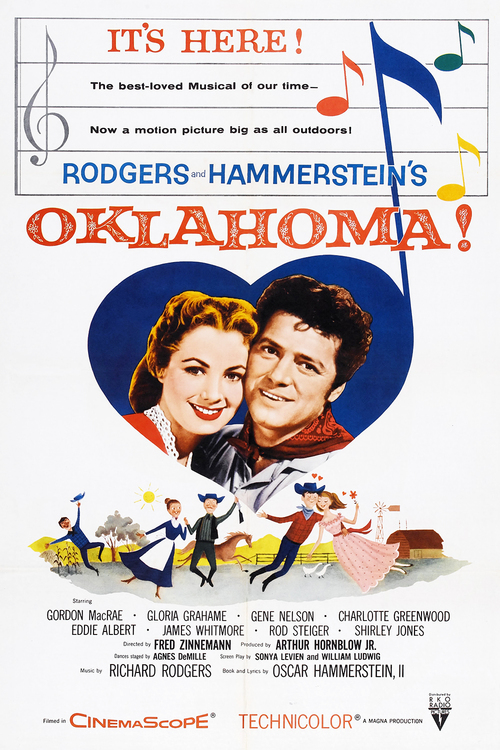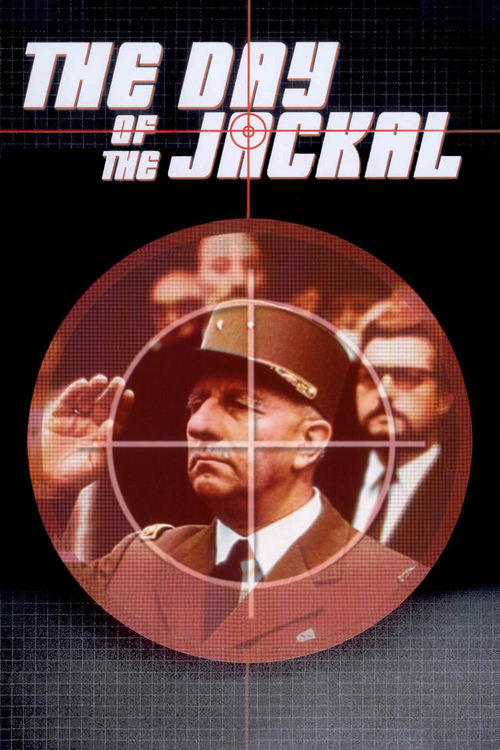When movie buffs discuss the greatest directors of old Hollywood, the same names tend to crop up: John Ford, Frank Capra, William Wyler, George Cukor, and of course, Hitchcock.
Worthy picks of course, but why not Fred Zinnemann? Granted he worked in a wide variety of genres (much like his contemporary George Stevens), making him harder to classify. Also he started directing features roughly 15 years after these pioneers of talking pictures. Still, his track record is every bit as impressive as these other titans’.
Just consider this: Out of ten nominations over four decades, Zinnemann himself won four Oscars; he directed one of only eight films to be nominated for 13 Oscars; directed Marlon Brando, Montgomery Clift, and Meryl Streep in their film debuts; directed Sinatra to an Oscar and a career comeback.
His pictures projected a powerful realism that fit the cloudier post- World War 2 period. Zinnemann had apprenticed early on with the legendary documentarian Robert Flaherty (“Nanook of the North”), and said he absorbed more about filmmaking from him than anyone else.
Zinnemann was laser-focused on what ended up on the screen, caring very little for all the glitz and hoopla attending it. He was a true craftsman, who loved the process of making movies, of working with a camera and directing actors. He once said: “I’m not in pictures to promote my private personality. I’m in it for the joy of it.”
And over the years, there was little personal drama, and what there was stayed private. Unusual by Hollywood standards, he stayed married to his wife Renee for six decades. (Their son is producer Tim Zinnemann).
Born in Austria (then Austria-Hungary) in 1907, Zinnemann discovered his passion for filmmaking in his early twenties. With his parents’ blessing, he left home for the States in 1929, where, then and now, the most movies were being made. (Four years before the rise of Hitler, his parents felt safe remaining; both would later perish during the Holocaust.)
Once settled in Hollywood, Zinnemann paid his dues and learned his craft, churning out short subjects for over a decade. In 1942, he directed his first feature film, and two years later, his first “prestige” picture, “The Seventh Cross,” starring top MGM star Spencer Tracy.
His big breakthrough came in 1948 with “The Search,” a moving drama set in Post-War Berlin about an American enlisted man who helps an orphaned boy look for his missing mother. The film marked the film debut of Montgomery Clift, making him an overnight star. It also put Zinnemann on the “A-list” of directors.
Over the next thirty years, he would make numerous enduring movie classics. Unlike many other directors over the years, he never lost his touch; his later work maintains the high quality of his earlier films.
A final statistic on the highly impressive, sadly underrated Mr. Zinnemann: six of his films (listed below) were up for the top Oscar prize: Best Picture. They all hold up multiple decades later, fully earning the term “classic.”
See for yourself, and watch them (yet) again.
High Noon (1952)
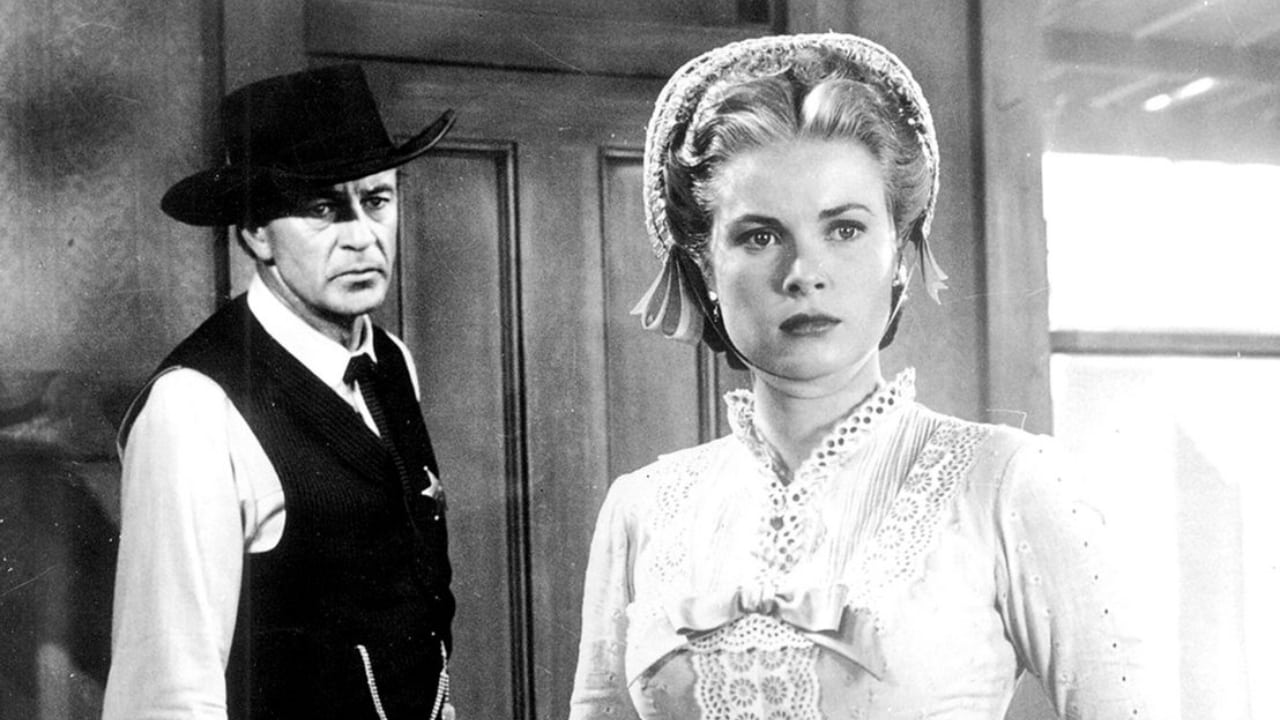
Marshal Will Kane (Gary Cooper) is set to marry and retire, when a gang of killers he put away escape and come looking for him. Does he leave town, or stay to face his enemies? And will anybody in the town help him? A critique of McCarthyism, this stark, tense Western explores themes of courage and personal integrity challenged by group timidity and cowardice. A towering work.
From Here to Eternity (1953)

Superb adaptation of James Jones bestseller about enlisted men stationed at Pearl Harbor just before the Japanese sneak attack that propelled the country into war. Dynamite cast includes Burt Lancaster, Montgomery Clift, Deborah Kerr, Donna Reed and Frank Sinatra. Winner of eight Academy Awards. Zinnemann, Reed and Sinatra all took home Oscars.
The Nun’s Story (1959)

Outstanding drama follows the thorny path of Sister Luke (Audrey Hepburn) a young Belgian nun working in the Congo before World War 2. Her relationship with handsome, agnostic Dr. Fortunati (Peter Finch) makes her question her vows. Shot on location, “Story” earned Oscar nods for Hepburn, Zinnemann and screenwriter Robert Anderson. Reportedly a personal favorite of Hepburn’s.
The Sundowners (1960)
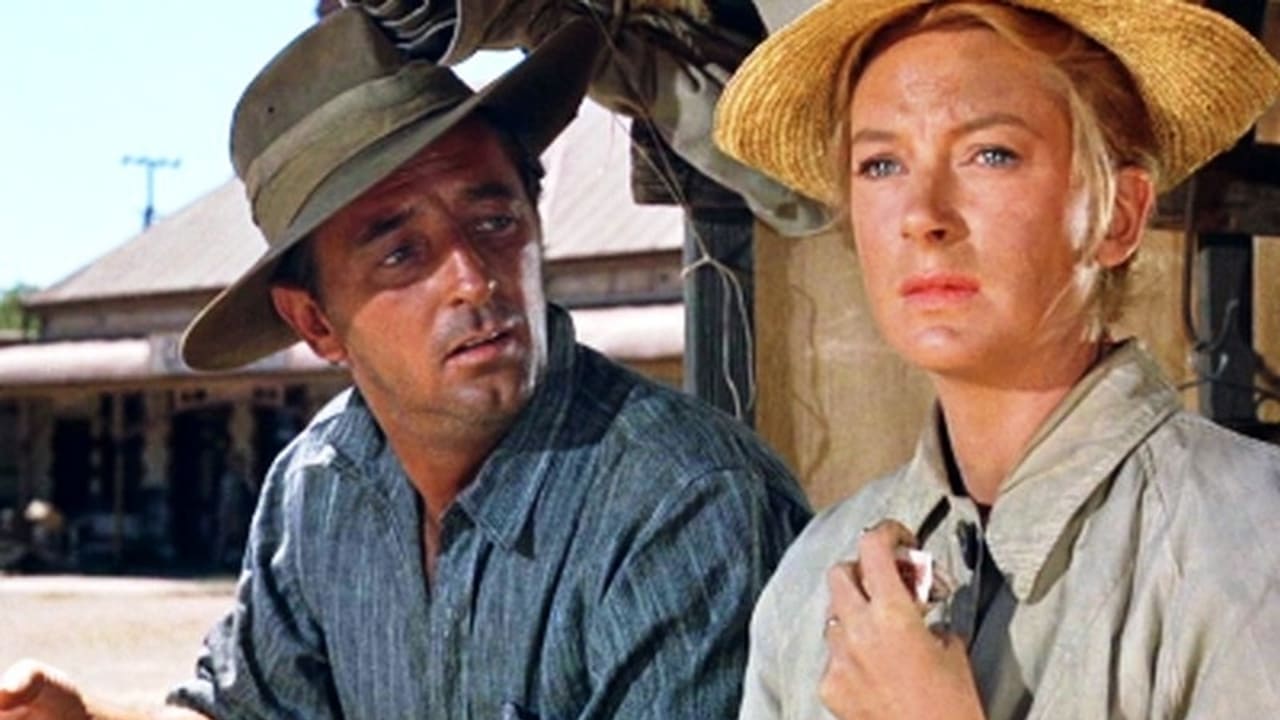
In the early twentieth century, sheep drover Paddy Carmody (Robert Mitchum), wife Ida (Deborah Kerr) and son Sean (Michael Anderson, Jr.) make a living off the land, but are constantly on the move. Ida and Sean want to settle down; Paddy resists. Shot on location, this bracing human drama plays out against the wide expanse of Australia. Peter Ustinov is aces in a featured role.
A Man for all Seasons (1966)
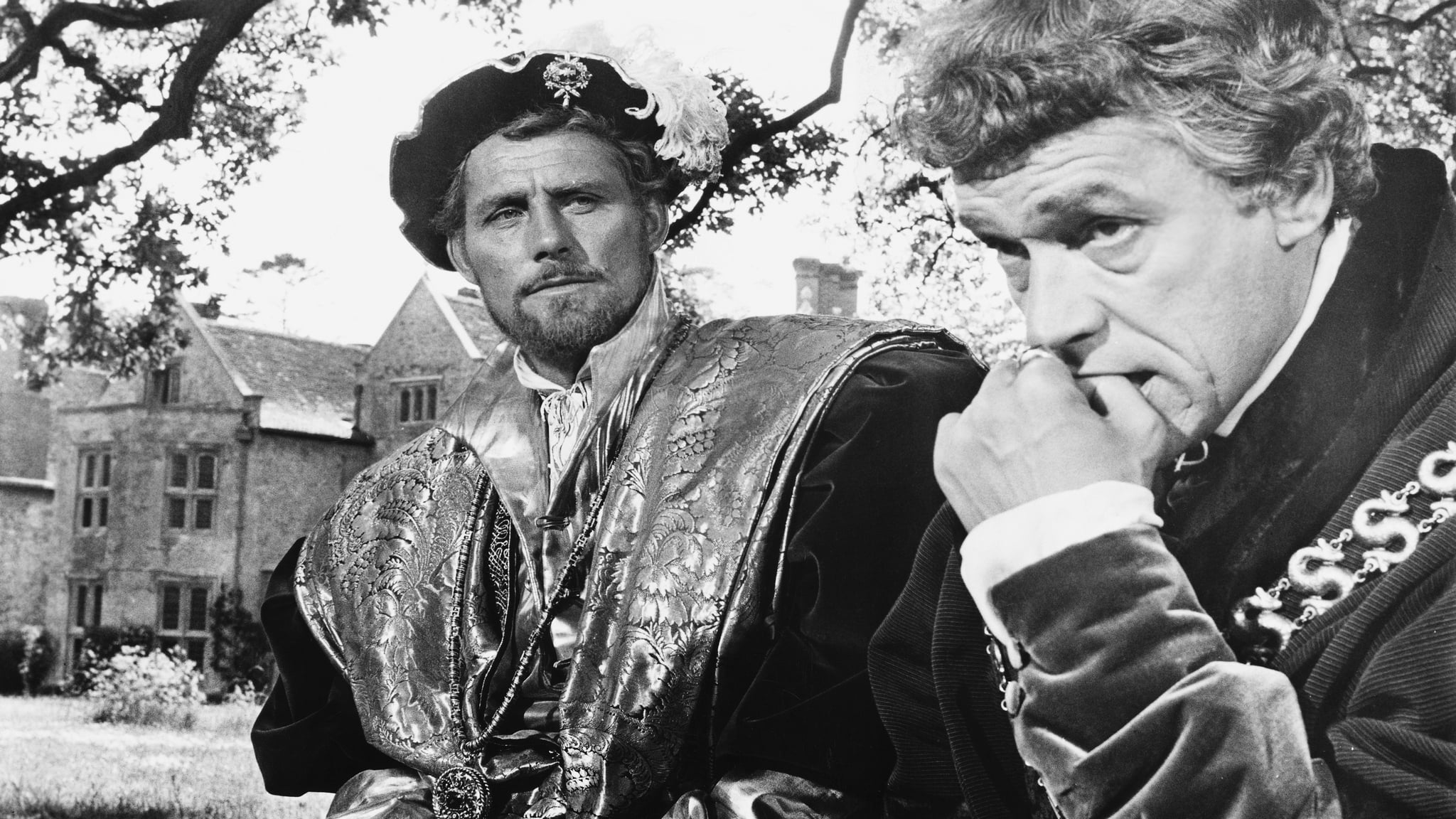
Oscar-winner Paul Scofield recreates his stage role as Sir Thomas More, the Catholic English chancellor who challenged King Henry the Eighth (Robert Shaw) by failing to embrace the Church of England, which, among other things, would permit divorce. Sir Thomas pays a steep price for his faith. Producer/director Zinnemann won two Oscars, for Best Picture and Director.
Julia (1977)

Adapted from Lillian Hellman’s book, Jane Fonda plays Hellman recalling her beloved childhood friend Julia (an Oscar-winning Vanessa Redgrave), a once radiant young girl who later becomes a top agent in the Nazi Resistance. When Julia gets in trouble, she calls on Lillian to help. Jason Robards also won an Oscar for his portrayal of Lillian’s husband, Dashiell Hammett. Fact, fiction or something in-between, “Julia” still soars.

